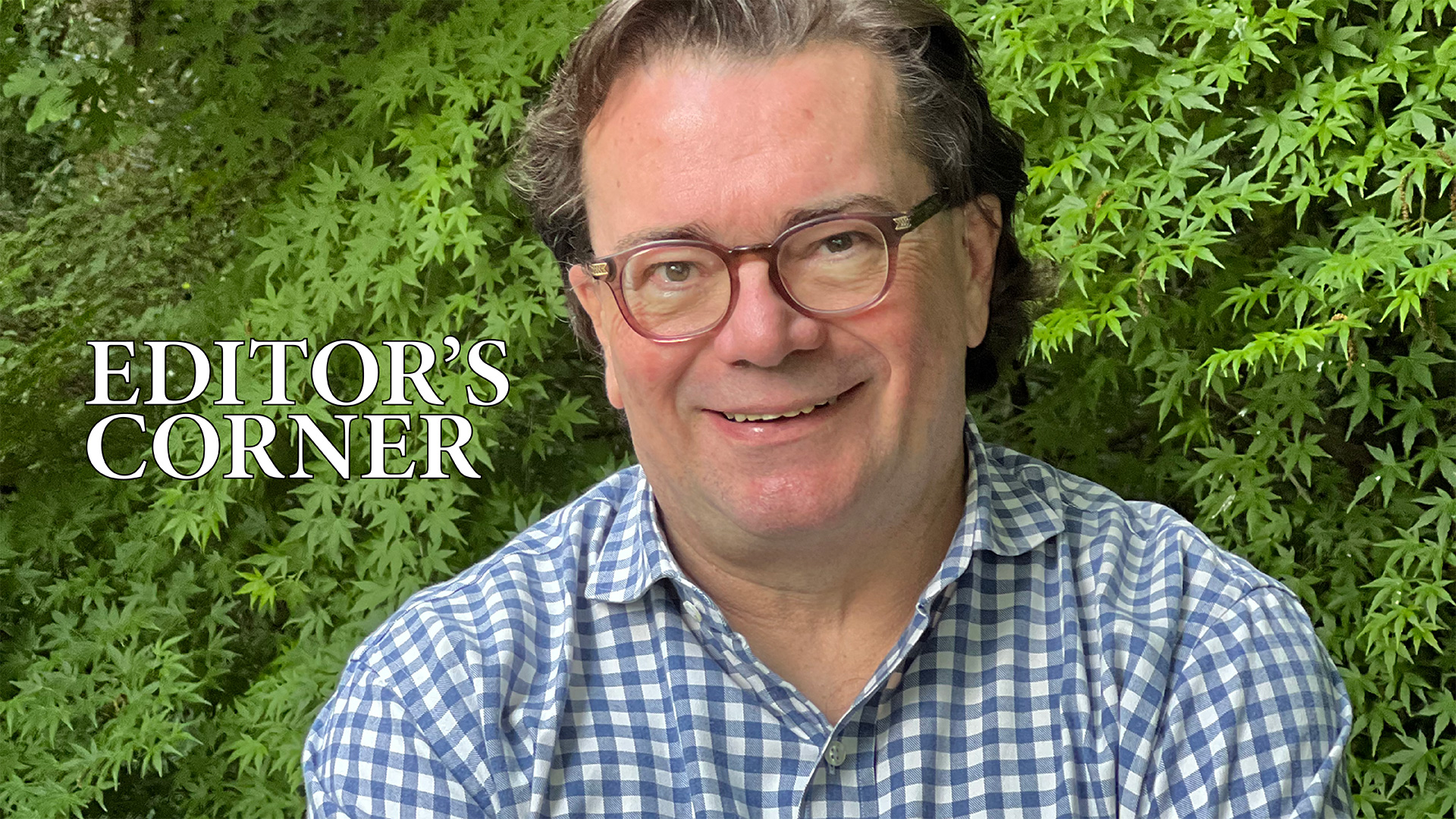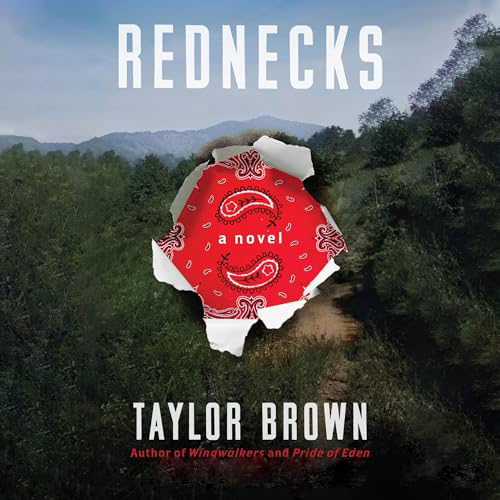
Like a Poke in the Eye
How well chosen words can fight for folks who need defending.
Struggle is what defines Southern literature.
The Unabridged’s definition of struggle reads like a literal description of the crux of art that is definably Southern: “violent, strenuous, labored, or convulsive exertions or efforts against difficult or forceful opposition or impeding or constraining circumstances.”
This idea has rolled around in my head for the past year, and I think it planted itself there thanks to a North Carolina poet named Annie Woodford. She opened our celebration of National Poetry Month last year with an essay called “How to Pluck the Hell out of a Heart,” which began this way:
In the South, poetry is a form of survival. It is poetry despite. It comes from the mouths of poor people first and foremost. It is always elegy, always the haunted land, taken from native people, shaped by enslaved people. It is the bent note, the blue note, the legacy of lives erased from the official record. The language of Southern poetry belongs to the ancestors of the illiterate.
It was such a beautiful expression of that central struggle—fed by centuries of historical scrabbles and frays. Our struggle to survive. Our struggle to make do when resources were low. Our struggle with the ghosts of past sins.
But here we Southern writers are—a “choir,” as our poetry editor, Andy Fogle, put it last week—trying mightily to distill a history of struggle into a few words that offer some peace, some solace, some salvation. Or a few words that poke us hard enough for fight for folks who need defending.

—“The Space Dividing Us Must Be Destroyed”: four new poems and an interview with Willie Carver
—“A Bouffant Stacked to Heaven”: four new poems and an interview with Marianne Worthington
—“Open at Last”: three new poems from Emma Aprile
The Alabama poet Jacqueline Allen Trimble did that for us last week:
And we are stepping and singing, the crackle
of burning books, a percussive soundtrack as we plane down
history and saw uterine rights to dust.
It’s the struggle of marginalized people all over this region against those who still, after all these years, try desperately to cling to the notion that everything would be just dandy if all those other people would just stay in their place.
Poetry, unlike our other forms of Southern art, has the ability to strike back at that notion sharply and with the loud clang of a cast-iron skillet to the head.
You’ll see that again this week from the esteemed Willie Edward Taylor Carver Jr. After winning Kentucky’s Teacher of the Year award in 2022—which sadly earned him more notoriety for being gay than for the innovation with which he taught high schoolers—Willie made the hard decision to leave teaching.
“Two years ago, I found myself in a situation in which a group of neo-Nazi Christian Nationalists was targeting me for being openly gay and a teacher; my being the 2022 Kentucky Teacher of the Year at the time heightened my visibility, which exacerbated the hatred and vitriol,” he tells Andy Fogle in the interview we publish this week. The attackers then turned their attention to Willie’s students.
“My students became frightened. Their parents begged the school to do something. The school did nothing.”
“My students became frightened,” Willie tells us. “Their parents begged the school to do something. The school did nothing. No one came to speak to the students and tell them they would be safe. No one spoke up and said that their club was not something dark but actually raised money for the poor and cleaned parks and advocated for change. No one did anything.”
Salvation South exists to make a home for the voices of people who believe that everybody God put into this region deserves love. Regardless of age, raced, gender, sexual identity, creed, or religion.
The voices of some of the South’s finest poets are assembling here this April to speak up for those values. And to give us some wonderfully cockeyed takes on the sort of oddness that happens only in the South.
“When I reentered Alabama after leaving Missouri, I got out of my car and kissed the ground,” Dr. Trimble told us last week “I swore I would never leave the South again. Southerners may be crazy, but it’s familiar crazy, like family crazy.”
Upcoming Salvation South Events
About the author
Chuck Reece is the co-founder and editor-in-chief of Salvation South, the weekly web magazine you're reading right now. He was the founding editor of The Bitter Southerner. He grew up in the north Georgia mountains in a little town called Ellijay.







